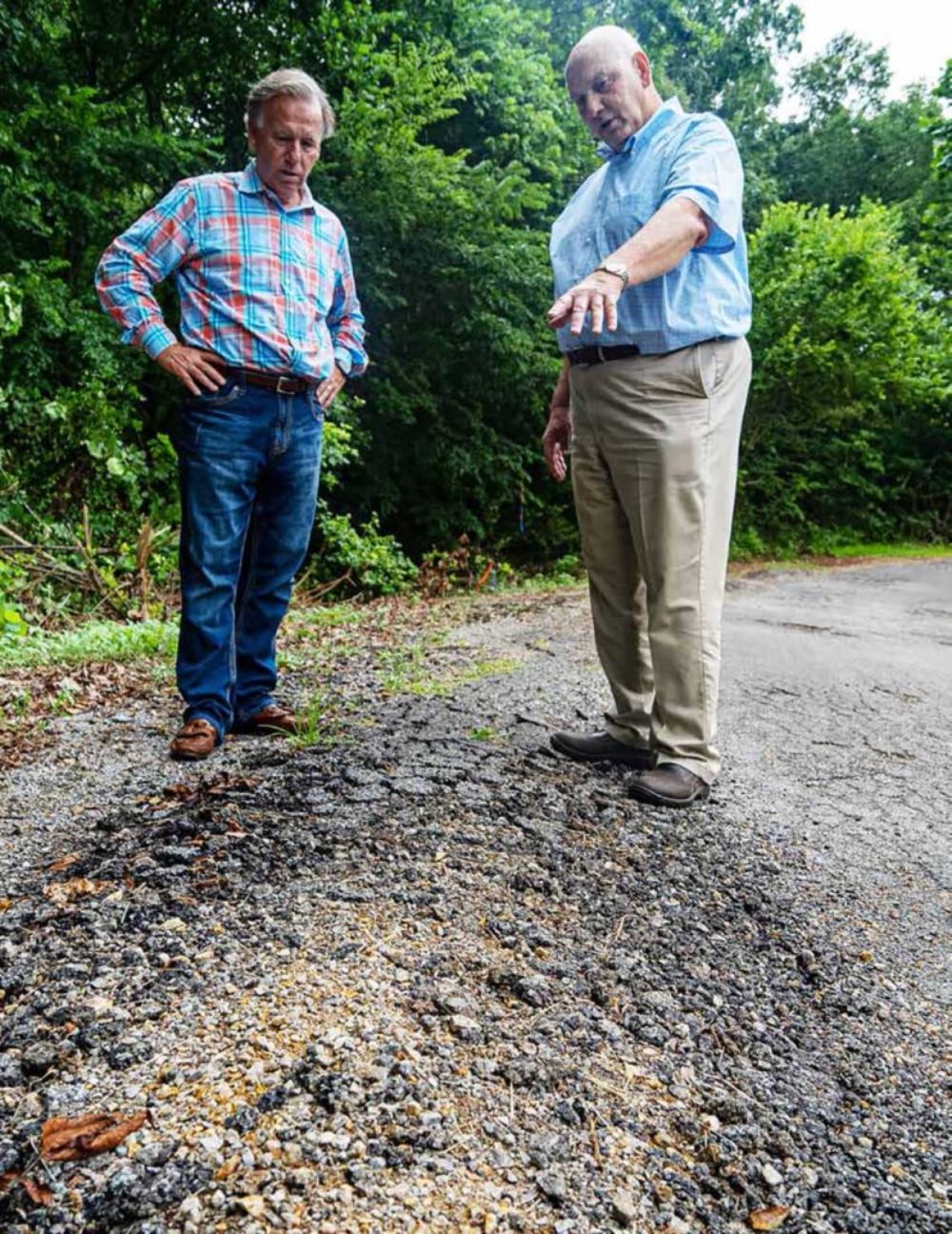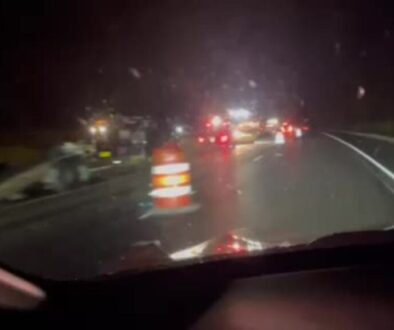LOCAL LEADERS SAY LOSS OF CURRENT ROAD FUNDING WOULD BE DEVASTATING

By Joe Quinn, Arkansas Good Roads Foundation Executive Director
In many ways there are probably no Arkansas elected officials who have a better finger on the pulse of a community than a county judge or small town mayor. Spend some time wandering through a county courthouse, or a modest city hall that shares space with the recreation department, and you come away with the sense that resources are limited.
Some people believe the stereotype that any government agency has money to spare, or that any budget problem can be solved if existing resources are allocated differently, but the reality is often a long way from that.
Budgets are often tight for local road improvements or upgrades, and elected officials often must answer questions from residents who only look at the issue from the perspective of “their” road. A seasoned Arkansas politician asked recently, “Do you know what the most important road in the state is? It’s the road in front of your house.” There is more than a little truth to that statement.
Follow the Cars?
Arkansas Department of Transportation officials are often asked if they think that road and bridge funding should “follow the cars.” Meaning, are we spending the bulk of the available resources on the most heavily traveled roads?
There are a lot of ways to discuss this issue, but the simple answer is that roughly 90% of the road funds in Arkansas go to roughly 50% of the roads that carry more than 90% of the traffic. At both the state and local level, road budgets are being managed carefully with a good deal of thought and planning. And a genuine effort is made to use resources in a way that benefits the most citizens.
Independence County Judge Robert Griffin makes an effective case that the cost of repairing roads in his county has rapidly outpaced available road repair funds. Also making it complex to keep up is the fact that if you have a dollar for road repair, a significant piece goes for salaries, trucks, oil changes and supplies.
On an overcast afternoon recently, Griffin was walking along an isolated rural road pointing out that in the bend in the road we were looking at, it would probably cost at least $20,000 to repair just this one small section.
Extending the Tax
In November 2020 Arkansas voters will be asked to vote yes or no on extending an existing sales tax to pay for better roads and bridges. The key word there is “extending,” because if the measure fails to pass at least $86 million dollars currently going to cities and counties will be eliminated from existing local road budgets. So elected officials like Griffin will see the budget problems they are currently dealing with get about 30% worse.
On the north side of Independence County, Mayor Jonas Anderson manages the road budget in Cave City, a rural community known for its legendary watermelon crop. Anderson points out that when he considers his annual expenditures on road upgrades, he considers the basics.
He worries about roads so narrow that a school bus has problems passing a parked car on either side of the street. This small town road budget would be decimated with the loss of its small piece of the $86 million the sales tax is currently generating for local communities.
Sometimes the word “infrastructure” implies to people that new resources going to road and bridge work means building new superhighways. The reality is the bulk of the money being spent in Arkansas is spent locally with many of the associated planning and budget decisions made by local leaders. Judge Griffin and Mayor Anderson know more about what their communities need than we do.
